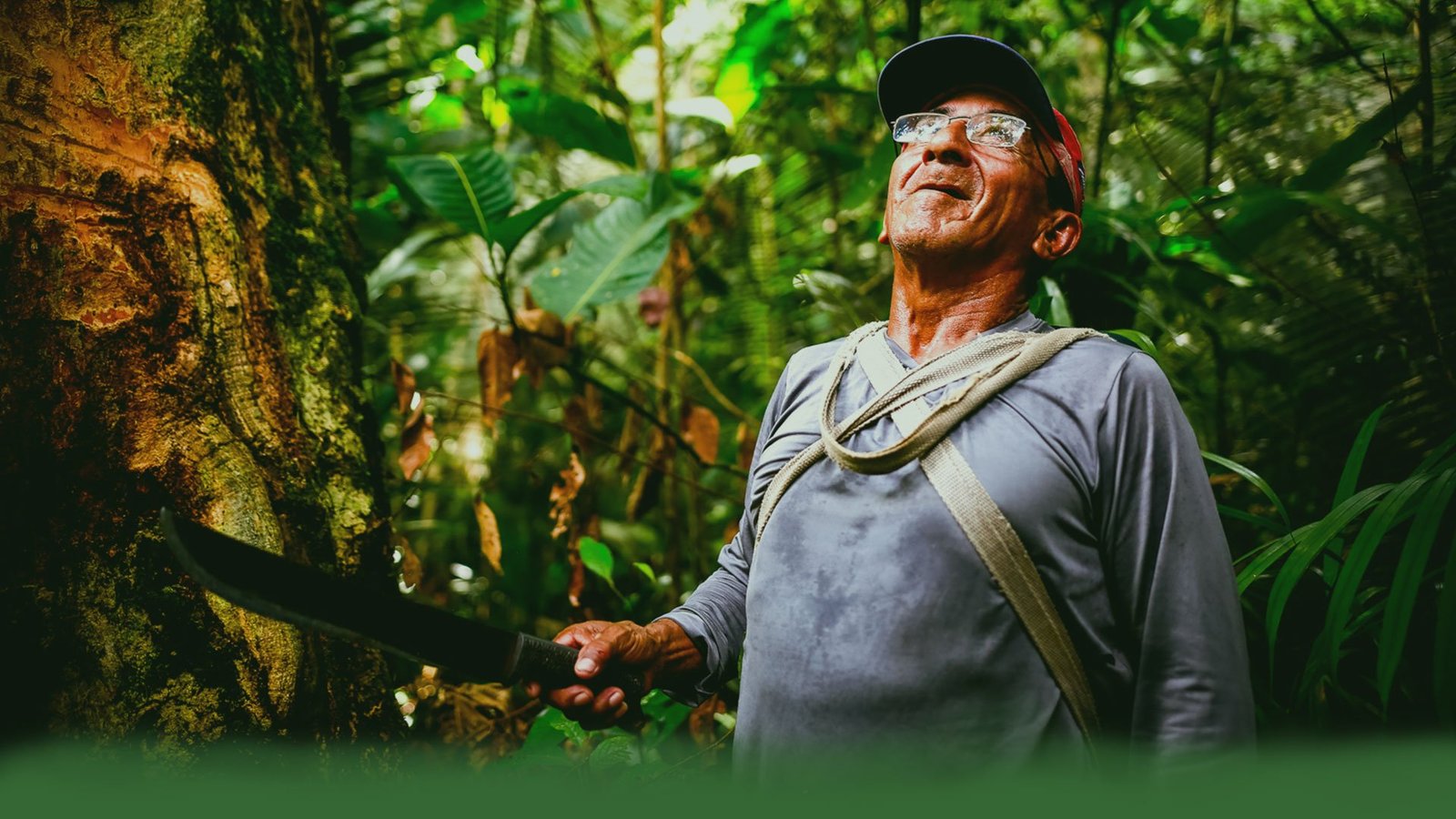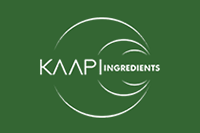
Sustainability
Mutual development with the local communities
Sustainability is
Kaapi’s basis
Developing the essential oil and aromatic plants markets in Brazil means walking hand in hand with a unique biodiversity in the world. Thereby, the responsibility of acting sustainably is a duty Kaapi carries among its values.
Therefore, the company is intrinsically linked to its production chain, fostering punctual actions of mutual support, improvement and development of the traditional communities, which are responsible for the extraction of the native plant species ingredients. The enhancement of the sustainable wild harvest is a consistent alternative for keeping the forest.
The enhancement of the sustainable wild harvest is a consistent alternative for keeping the forest.

PRESERVATION
A fter a few years following the culture and the needs of these communities, the company has a well-structured supply chain, which respect the natural cycles of the forest and the local culture. These suppliers know the forest well and, for that reason, are able to identify the best raw materials. In turn, this contributes significantly to the preservation of the quality levels, which are extremely important to Kaapi’s ingredients.
Altogether, about 15,000 families are impacted by the company’s economic activity, spread over different regions and ingredients marketed by Kaapi.

Cultivation of endangered native plant species
Kaapi understands Brazil’s great potential to produce essential oils and seeks to develop this market, either through native species such as rosewood, copaiba, pink peppercorn and tonka beans, or through exotic ones such as eucalyptus, citronella or black-pepper.
Besides offering high-quality essential oils, the company aims at adding value to the country’s natural ingredients, since they can be a great opportunity for the development of the Brazilian Amazon, regarding the economic growth of the region and the preservation of the forest.
Development opportunity to the Brazilian Amazon rainforest
I n addition to promoting environmental awareness and contributing to the development of traditional populations, Kaapi offers products which generate and distribute income throughout the production chain, from the forest to the customer. This chain, which starts with the gatherer and ends with the delivery to the customer, is traceable, which provides origin safety and quality control.
Thus, the sustainable wild harvest becomes an attractive source of income for the local gatherers, fishermen and small farmers, who are constantly approached by initiatives that aim at deforesting the native forest.
Supply-chain which respects the natural cycle of the forest.
In pursuit of broadening these opportunities, Kaapi has been investing in the cultivation of local endangered species since 2012. As an example, we can mention a rosewood cultivation in a farm in Itacoatiara.
There, other plants can also be found, such as the tonka beans and priprioca. For further reading visit Rosewood Project
Kaapi ESG Actions
 |
The SpecialistAndré Tabanez is the Sustainability & Sociobiodiversity Manager of Kaapi. With a large experience in complex projects of managing natural ingredients, especially in the Amazon region, André is in charge of the main sustainability actions of the Group. His professional trajectory includes almost two decades at Firmenich, one of the biggest Fragrance Houses in the world, where he worked together with traditional communities, leading the responsible supply chain projects for natural ingredients. |
 |
UEBT full MembershipKaapi shows its strong commitment on improving the supply chains in the Amazon region, where our company works hard to help to develop communities and preserve the forest. Complex supply chains of natural products, managed and wild harvested by traditional communities are constantly under pressure from deforestation, rural exodus and illegal activities. Many challenges, lots of opportunities, and a young and committed team looking forward for a close partnership with the experts at UEBT. |
 | Carbon InventoryThis is the first action to be taken by companies that want to reduce or neutralize their carbon emissions. In this first stage, the inventory measures the emissions of carbon dioxide throughout the business chain. This includes the emissions generated from the extraction of raw materials to the delivery of the ingredient to the final customer, and includes even the gas emissions produced in the employees’ way to work. This study allows the company to know what processes are causing the most part of the emissions, and also provides the basis for actions to reduce and compensate it. |
 | Rescue of Riparian ForestsIn partnership with the Copaiba Environmentalist Association, the project aims to contribute to the recovery and conservation of the Atlantic Forest. In addition, the partnership brings positive economic and social impacts to the local producers, improving air quality, local climate, water availability and making the region environmentally healthier. |
 | RecyclingIt is part of Kaapi's commitments to correctly separate and dispose of its waste. This work has been done in partnership with Cooperativa Aliança, a recycling institution in Campinas, with 20 years of history and about 20 members, most of them women. |
Public Commitments to Ethical Sourcing of Natural Products
Kaapi's most important materials are natural products, and its basic philosophy is the respect for human beings and the environment. Consequently, it is committed to respecting the producing communities, fighting for production to occur within parameters that favor long-term commitment, communities’ social and economic strengthening, and the preservation of the environment in which they operate.
Qualitative Commitments
- Kaapi Ingredients/Mattoso Extratos will not have commercial relationship with suppliers that do not make an unrestricted commitment to fighting child labor and forms of work analogous to slavery.
- The company will not have commercial relationship with suppliers suspected of promoting illegal deforestation.
- The company will favor Associations, Cooperatives and other production models that strenghten the social organization of producers.
- In the absence of production organizations such as those mentioned in the previous item, the company will favor suppliers that have direct and long-term contact with their producers, and support them with initiatives for good practices.
- Traceability will be guaranteed so that the origin of the products and their production conditions are known, as well as the living conditions of the communities involved in the production.
Quantitative Commitments
- Reach, by 2026, 20% of its demand for priority ingredients produced through wild harvest collected in Conservation Units of Sustainable Use, Indigenous Territories, or INCRA Sustainable Development Projects.
- Reah, by 2026, 30% of its demand for priority ingredients produced through wild harvest purchased within partnerships in producing regions, with written agrements in place.
- Reach, by 2026, 30% of its demand for priority ingredients produced through wild harvest traceable to collector’s level.
- Reach, by 2026, 20% of its demand for priority ingredients produced through wild harvest purchased in communities that receive support from the company for their production.

